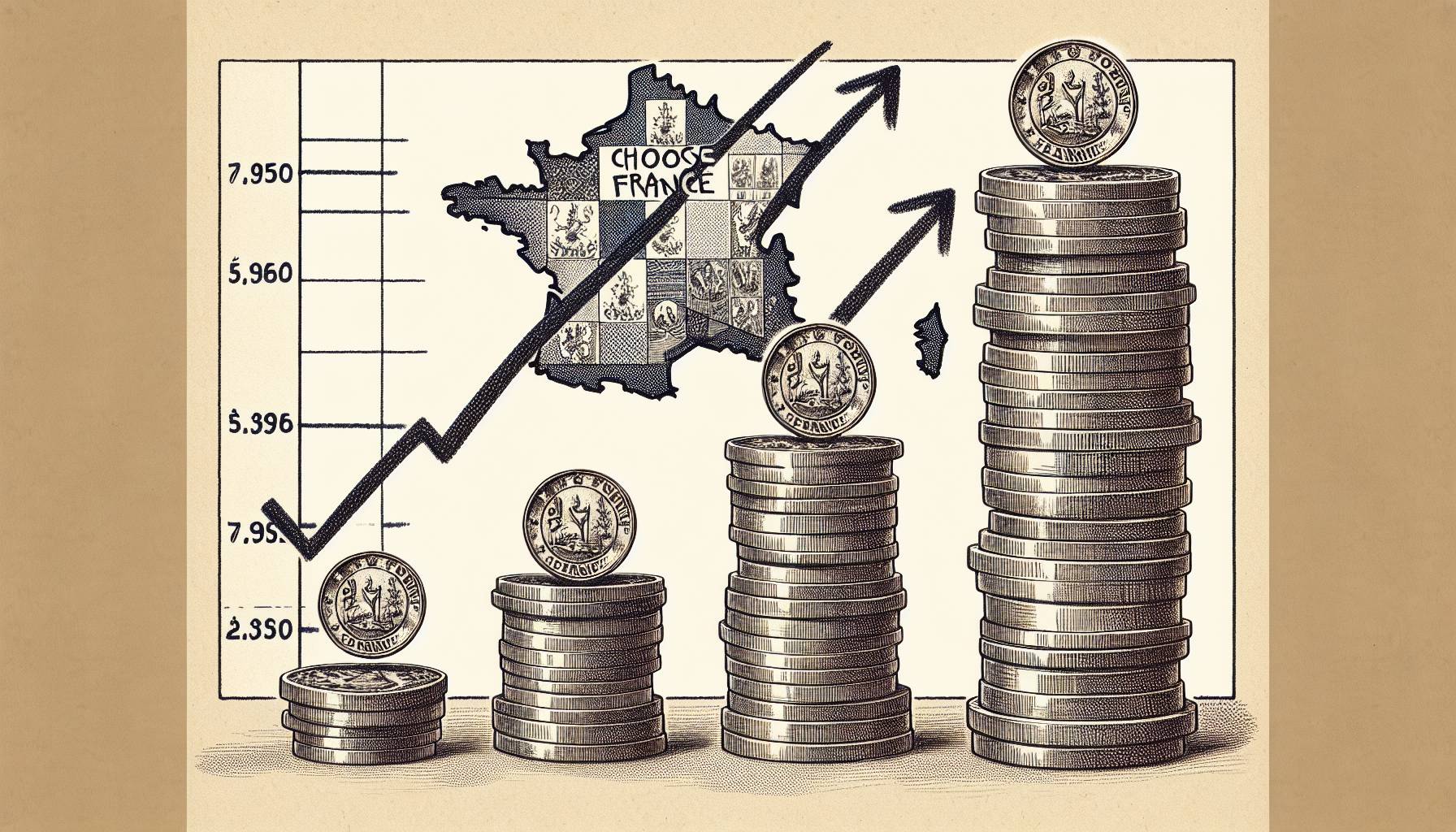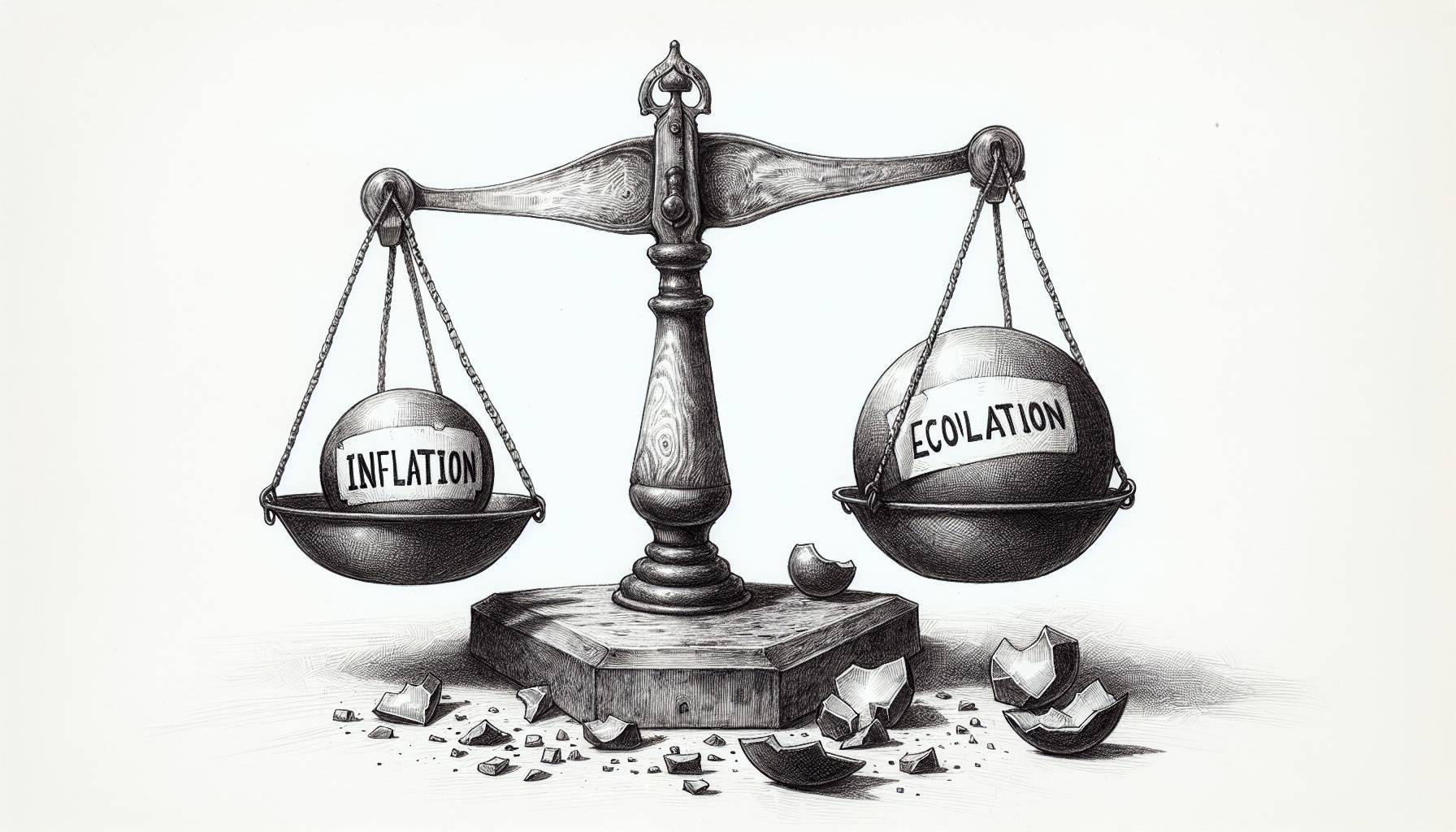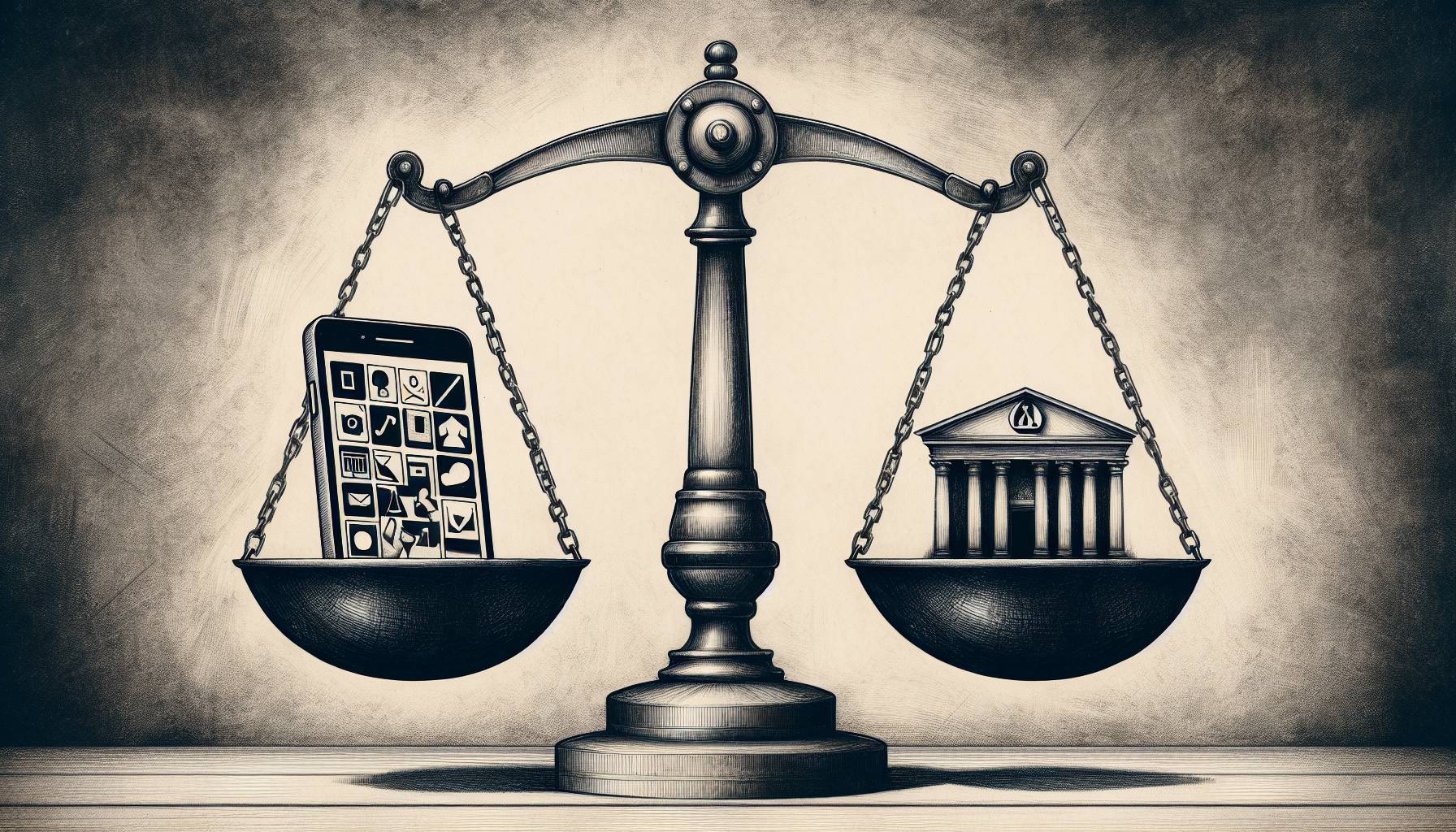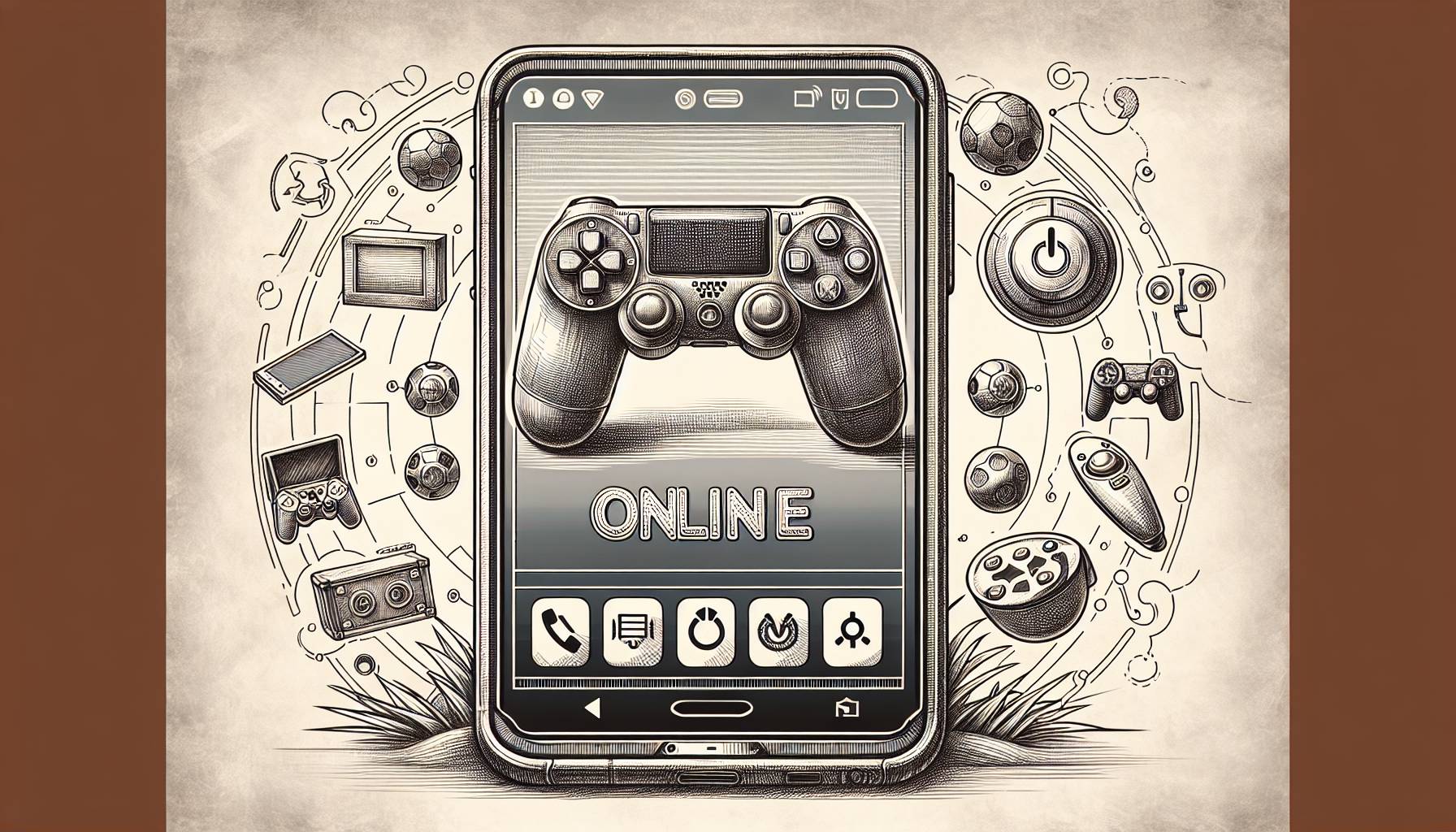The sheer number of mental health apps available today can be overwhelming for users seeking digital support. To help navigate the myriad options, Dr. John Torous, leader of the digital psychiatry division at Beth Israel Deaconess Medical Center, offers valuable insight on choosing the most appropriate app based on individual needs.
Dr. Torous advises users to first consider whether an app has been created by a reputable organization and whether it specifically targets their mental health needs. Additionally, user-friendly features are essential for ensuring the app is accessible and easy to use on a regular basis.
The Role of Mental Health Apps in Comprehensive Care
Mental health apps can be helpful tools for monitoring mood, medication, or sleep patterns and may offer self-help strategies such as relaxation exercises or calming sounds. They can be used in conjunction with therapy or to maintain communication with one’s care team. However, it’s crucial to view these apps as supplementary to professional mental health care rather than as replacements.
The efficacy of mental health apps ultimately depends on users’ engagement and the quality of each specific app, making it vital to thoroughly research and select the most fitting app for one’s unique needs.
Considering App Safety, Data Protection, and Regulation
Given the limited regulation and FDA-approval of mental health apps, Dr. Torous underscores the importance of verifying an app’s safety and user data protection. Users should conduct research, consult mental health professionals, and check reviews and testimonials before fully relying on an app for their well-being.
Due to the classification of many mental health apps as “wellness,” they may be exempt from HIPAA compliance. As a result, it’s crucial for users to research and understand each app’s privacy policies before sharing sensitive personal information.
Choosing Evidence-Based, User-Friendly Mental Health Apps
To ensure the effectiveness of a mental health app, Dr. Torous recommends opting for those backed by evidence-based research, developed with input from mental health professionals, and subjected to rigorous testing. Browsing user reviews and testimonials can also reveal valuable information about an app’s efficacy and ease of use.
Exploring VA and MINDapps Resources
Dr. Torous suggests starting with VA mental health apps and MINDapps when looking for a suitable mental health app. VA apps are free, evidence-based, engaging, and rigorously tested, while MINDapps—created by Dr. Torous and colleagues—provides guidelines based on the American Psychiatric Association and offers comprehensive app reviews. Both resources help streamline the app selection process and empower users with the tools and information needed to make informed choices.
Consulting with Health Care Professionals
Users should always consult their health care professional for guidance on selecting the most appropriate app for their needs and on optimizing its usage. Open communication with a health care provider is fundamental for the successful integration of any digital health tool in a user’s wellness journey.
Additional Resources
The VA mobile mental health apps offer various resources and tools for veterans and their families’ emotional well-being, while the Digital Psychiatry Division at Beth Israel Deaconess Medical Center is pioneering groundbreaking digital technologies to improve mental health care delivery and patient outcomes.
Veterans in crisis or seeking support should call 988 and press 1 for assistance, or visit the Veterans Crisis Line website for online chat support. Trained professionals are available 24/7 to provide help tailored to the challenges faced by veterans.
Frequently Asked Questions
How do I choose the right mental health app for my needs?
Start by considering whether an app is created by a reputable organization, targets your specific mental health needs, and has user-friendly features. Opt for apps backed by evidence-based research, developed with input from mental health professionals, and subjected to rigorous testing. It is also a good idea to read user reviews and testimonials to evaluate the app’s efficacy and ease of use.
Are mental health apps a substitute for professional mental health care?
No, mental health apps should be viewed as supplementary tools to be used in conjunction with therapy or to maintain communication with one’s care team. They are not replacements for professional mental health care.
How can I ensure the safety and data protection of the mental health app I choose?
Conduct in-depth research, consult mental health professionals, and check reviews and testimonials to verify an app’s safety and user data protection. Understand each app’s privacy policies before sharing sensitive personal information, as many mental health apps are exempt from HIPAA compliance due to their “wellness” classification.
What resources are available to help me find a suitable mental health app?
Dr. John Torous recommends starting with VA mental health apps and MINDapps. VA apps are free, evidence-based, engaging, and rigorously tested. MINDapps, created by Dr. Torous and colleagues, provides guidelines based on the American Psychiatric Association and offers comprehensive app reviews. Both resources help streamline the app selection process and empower users to make informed choices.
Should I consult with my health care professional before using a mental health app?
Yes, you should consult your health care professional for guidance on selecting the most appropriate app for your needs and on optimizing its usage. Open communication with a health care provider is crucial for the successful integration of any digital health tool in your wellness journey.
What resources are available for veterans seeking mental health support?
VA mobile mental health apps offer various resources and tools to support the emotional well-being of veterans and their families. Veterans in crisis or seeking support can call 988 and press 1 for assistance, or visit the Veterans Crisis Line website for online chat support. Trained professionals are available 24/7 to provide help tailored to the challenges faced by veterans.
First Reported on: va.gov
Featured Image Credit: Photo by Pixabay; Pexels; Thank you!
______________________DELETE THIS AND BELOW, AFTER VERIYFYING COPYSCAPE DOC BELOW________________________
response:
querywords: 593
cost: 0.07
count: 0
allviewurl: http://view2.copyscape.com/search/ds904ayfkd













